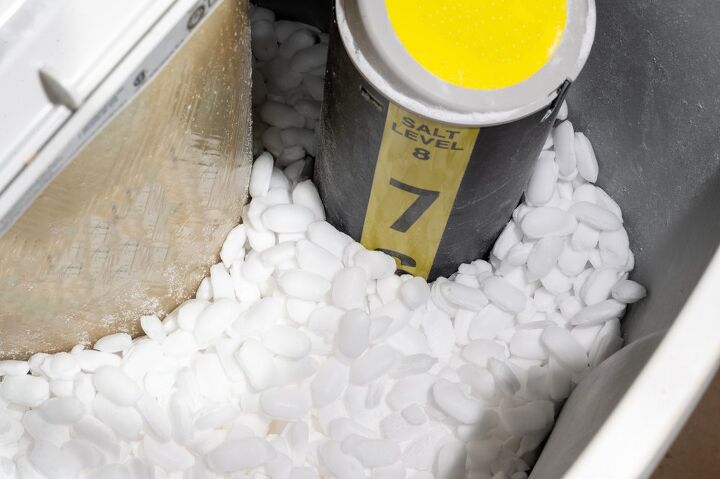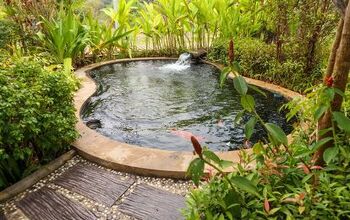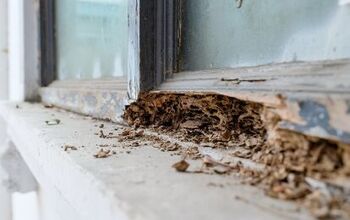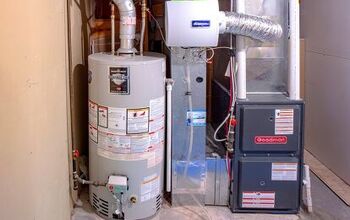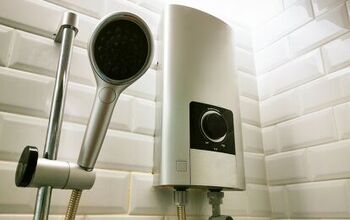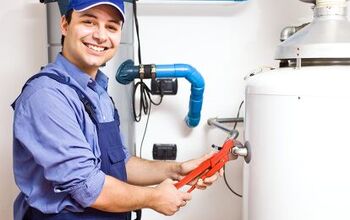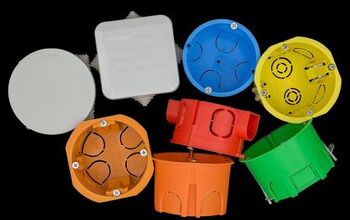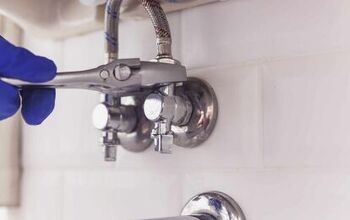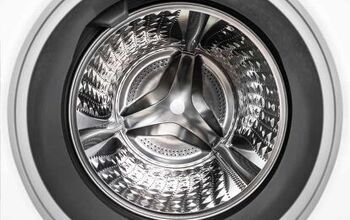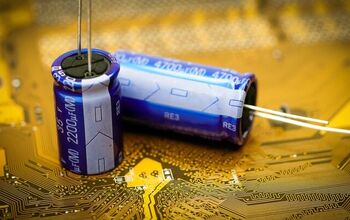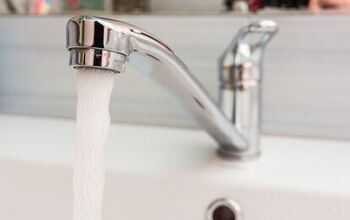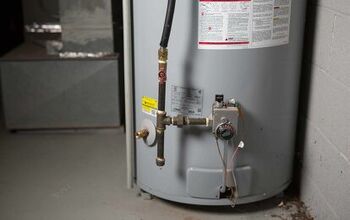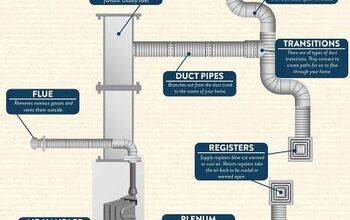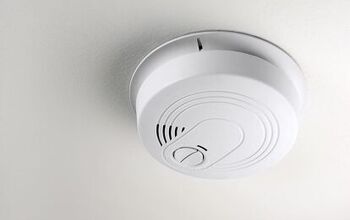Water Softener Vs. Water Filter: What Are The Major Differences?

There is nothing worse than feeling uncomfortable with the quality of the water in your home. You should always be able to count on your water being free of minerals and bacteria that affect its taste and safety. So, what is the difference between a water softener and a water filter?
A water filter removes impurities from your water such as industrial waste, bacteria, and metals. They improve your water’s taste and make it safer for you to consume. Water softeners don’t remove bacteria but they remove minerals such as calcium and magnesium from your water to prevent stains on your dishes and dry skin and hair.
You can install both a water softener and water filtration system in your home. Generally, a water softener costs more to run and requires more maintenance than a water filter. Follow along as we compare water softeners with water filters.
Is a Water Filter the Same as a Water Softener?
A water filter is not the same as a water softener. They are similar in that they improve the quality of water that comes from the tap, but they serve different purposes. For example, a water filter serves to remove impurities from your water that can negatively affect its taste, such as heavy metals and chlorine.
Conversely, water softeners serve to remove hard water that can stain your sink and dishes. Both systems are effective and valuable, but they aren’t for every homeowner. You only need a water softener if you struggle with hard water.
Water filters are more universal because almost any homeowner can benefit from having one. They vary in cost, function, installation, purpose, and benefits. Let’s take a look at the key differences between water softeners and water filters.
Water Softener
Water softeners remove minerals from your water such as calcium and magnesium. This is known as hard water and while it isn’t dangerous, it is inconvenient and worth addressing. Excessive minerals in your water can stain your dishes and are often accompanied by a strange taste.
Another downside to hard water is that it can leave an oily film on your skin and hair in the shower. Mineral buildups can eventually cause pipe damage which can lead to hundreds or thousands of dollars in repairs. To avoid this, homeowners install water softeners that can minimize the mineral content in their water.
Water softeners contain salt which replaces the minerals. Pellet salts are the best option, but some homeowners use rock salt instead. The only downside to rock salt is that it contains sediment that can occasionally lead to clogs. It costs an average of $375 to install a water softener system, but it can exceed $650 depending on the labor costs and which unit you choose.
Water Filter
Water filters can remove bacteria, heavy metals, sediment, industrial byproducts, and other impurities from your water. You can either add a simple water filter to a specific faucet or install a whole-house system. Many homeowners install a whole-house system, but that’s only necessary if the problem exists throughout your home.
Reverse-osmosis water filtration systems are the most popular because they remove the most impurities. However, it should be noted that reverse osmosis systems are also known to waste water so there is a tradeoff. It costs an average of $500 to install a reverse osmosis water filtration system, but it varies based on several factors.
The size of your home, the number of plumbing fixtures, and the location of the system are all important. For example, an under-the-sink water filtration system is much pricier than one that attaches to the countertop or faucet itself. Water filters don’t help with hard water, but many homeowners them in conjunction with water softeners.
Is a Water Softener Worth It?
A water softener is worth it if you have continual problems with hard water in your home. Hard water can cause severe plumbing damage if left untreated for a long time. The minerals will slowly clump together in your pipes limiting the flow of water.
Over time, the clog will get worse and worse until it becomes a plumbing emergency. This is a much bigger issue than the oily hair and dry skin that hard water can also cause. Hard water can also be harmful to your water heater which is the last thing that you want when winter comes.
Water softeners come with some disadvantages, such as frequent maintenance, excessive sodium, and expensive installation. They can also cost a lot to run consistently, but the cost is worth it if hard water is harming your plumbing.
Is a Water Filter Worth It?
It is worth it to install a water filter if you are uncomfortable with heavy metals and bacteria in your water. Besides the health benefits, the main appeal of a water filter is that it will improve your water’s taste which is worth it to many homeowners. They can also help minimize corrosion throughout your home’s plumbing fixtures which can save you a fortune in the future.
You have no shortage of options between water filtration pitchers, whole-house systems, and under-sink water filters. The cheapest option is a pitcher, but that doesn’t solve the problem throughout the house. Whole-house systems can sometimes cost thousands of dollars which is off-putting to some homeowners.
The only other downside to water filtration systems is that they typically remove fluoride from your water. This isn’t harmful to your health, but fluoride is beneficial to your teeth. Otherwise, water filters are worth the cost of installation and maintenance because of the many benefits.
How do You Soften Hard Water Naturally?
You can naturally soften hard water if you boil it. The extreme temperature will prevent minerals from clumping together. Eventually, the minerals will float to the bottom of the container in which you boil the water. This is an ineffective method if you want to soften the hard water throughout your house.
The water will still be hard within the water supply so it won’t help your plumbing. However, this is a great temporary option if you need to use water to wash dishes and you don’t want to leave stains. A water softener system is the only way to ensure that you can soften the water throughout your entire home.
Summing it Up
Water softeners remove minerals such as calcium and water filters remove impurities like bacteria and heavy metals. A water filter is not a solution for hard water, but it can greatly improve the taste. You won’t notice much of a taste difference with a water softener.
Typically, a water softener is only needed if you have frequent mineral stains on your dishes. They can also serve to help you if your skin is dry and your hair is oily. Excessive mineral content isn’t dangerous to your health, but it can affect your hair and skin.
Water softeners can also protect your plumbing because minerals won’t be able to clog your pipes. They require more maintenance than a water filter because you have to frequently add more salt to a water softener. Both systems are effective and you can use them in conjunction for the best water quality.
Related Guides

Nick Durante is a professional writer with a primary focus on home improvement. When he is not writing about home improvement or taking on projects around the house, he likes to read and create art. He is always looking towards the newest trends in home improvement.
More by Nick Durante



